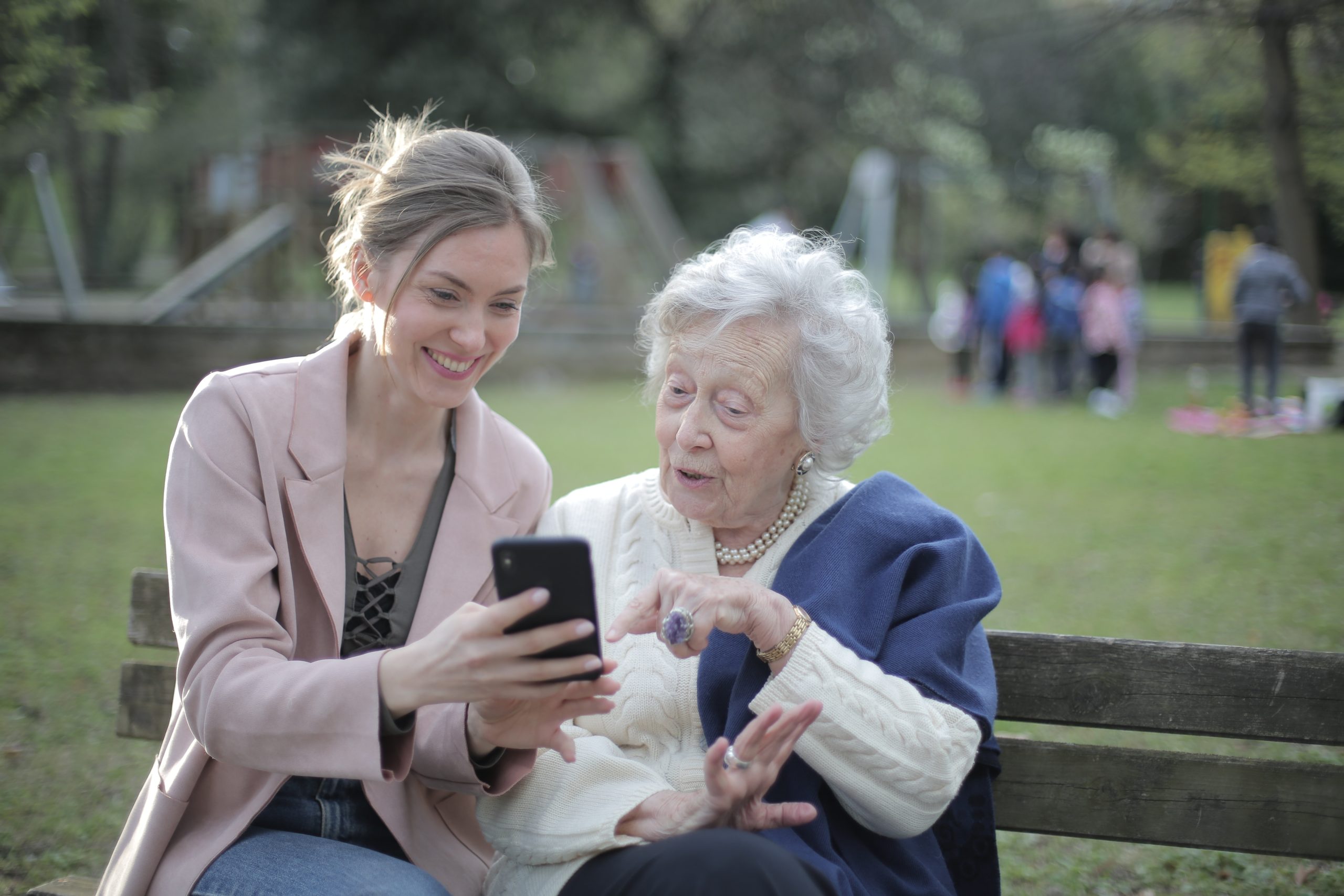Social Media Safety for Seniors: Cybersecurity Best Practices

The image is not directly related to the article. It merely symbolizes the life of elderly people.
What are some common social media safety risks for seniors?
How can seniors protect their personal information on social media?
Seniors can protect their personal information on social media by setting strong and unique passwords, enabling two-factor authentication, being cautious about what they share online, and regularly updating their privacy settings.
What should seniors do if they suspect they have been a victim of a social media scam?
If seniors suspect they have been a victim of a social media scam, they should report the incident to the platform, contact their bank or credit card company if financial information was compromised, and consider reaching out to a cybersecurity professional for assistance.
What are some best practices for seniors to stay safe on social media?
Some best practices for seniors to stay safe on social media include being cautious about friend requests from strangers, avoiding clicking on suspicious links or attachments, verifying the identity of individuals before sharing personal information, and being mindful of the information they post online.
The image is not directly related to the article. It merely symbolizes the life of elderly people. What are some common social media safety risks for seniors? Common social media safety risks for seniors include identity theft, scams, phishing attacks, and privacy breaches. Seniors are often targeted by cybercriminals due to their lack of experience…
Recent Posts
- Empowering Caregivers: The Best Online and Offline Resources to Enhance Your Skills
- Traveling with a Purpose: The Rise of Volunteer Vacations
- Breaking Stigma: Dispelling Myths about Mobility Aids and Disability
- Avoiding Probate: How Trusts Can Simplify the Estate Settlement Process
- Senior Citizens Beware: Common Financial Scams and How to Stay Protected

